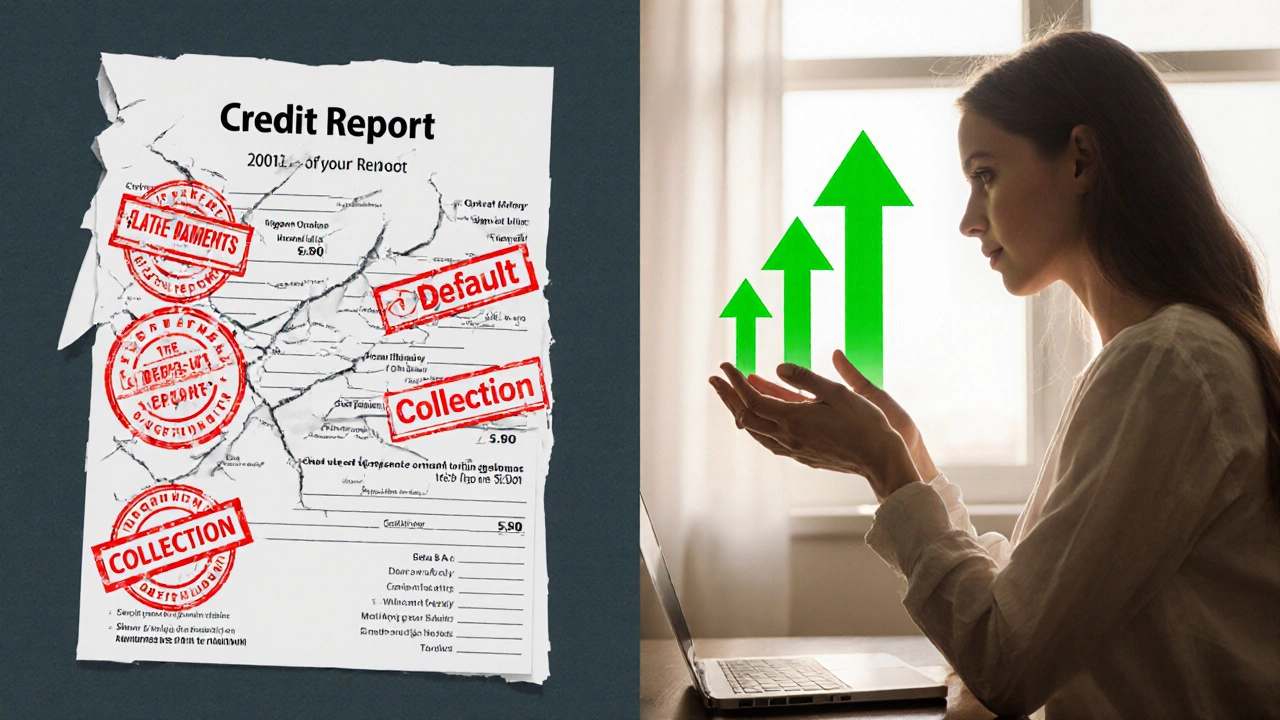Credit Report 101: What It Is and Why It Matters
If you’ve ever wondered why lenders ask for a credit report, you’re not alone. A credit report is simply a record of how you’ve handled credit in the past. It shows loans, credit cards, missed payments and any public records like bankruptcies. Lenders use it to decide if they’ll give you a loan and what interest rate you’ll pay. The better your report, the lower the cost of borrowing.
How to Get Your Credit Report for Free
In the UK you can request a free statutory credit report from the main credit reference agencies – Experian, Equifax and TransUnion – once a year. Visit their websites, fill in a few details and they’ll email you a PDF. You can also use a free online tool that pulls the data from all three agencies in one place. No need to pay a fee unless you want extra monitoring services.
Reading the Report: The Key Sections
When you open the report, look for three main sections. First, personal details – make sure name, address and date of birth are correct. Second, the credit accounts list – each row shows the type of account, opening date, credit limit or loan amount, current balance and payment history. Third, the public records – this is where bankruptcies, County Court Judgments (CCJs) and County Court Orders appear. Any negative entry will pull your score down, so spot errors quickly.
Check the payment history column for “on time” or “late”. Late payments older than two years have less impact, but recent missed payments can knock a few points off your score. Also note the “credit utilisation” – the ratio of used credit to total limit. Keeping this below 30 % is a good rule of thumb.
If you see something wrong – a wrong address, a debt you never had, or a payment marked late when you paid on time – you can raise a dispute. Each agency has an online form. Provide proof, like a bank statement or a letter from the lender, and they must investigate within 28 days. Most errors get corrected quickly, and your score can improve right away.
Now that you know what to look for, here are three quick ways to boost your credit report:
- Pay all bills on time. Set up direct debits if you forget dates.
- Reduce credit utilisation. Pay down balances or ask for a higher limit, but only if you won’t spend more.
- Limit hard enquiries. Each “hard” check, like when you apply for a credit card, stays on your report for two years and can lower your score.
Remember, improving a credit report takes time. Small, consistent actions add up. Within six months you should see a noticeable rise in your credit score, which means better mortgage rates, cheaper credit cards and more financial freedom.
Keep an eye on your report at least once a year. Spotting errors early prevents long‑term damage. Use free alerts if you want to know when a new inquiry or account appears. Your credit report is a living document – treat it like a health check for your finances, and you’ll stay in control of borrowing costs.



